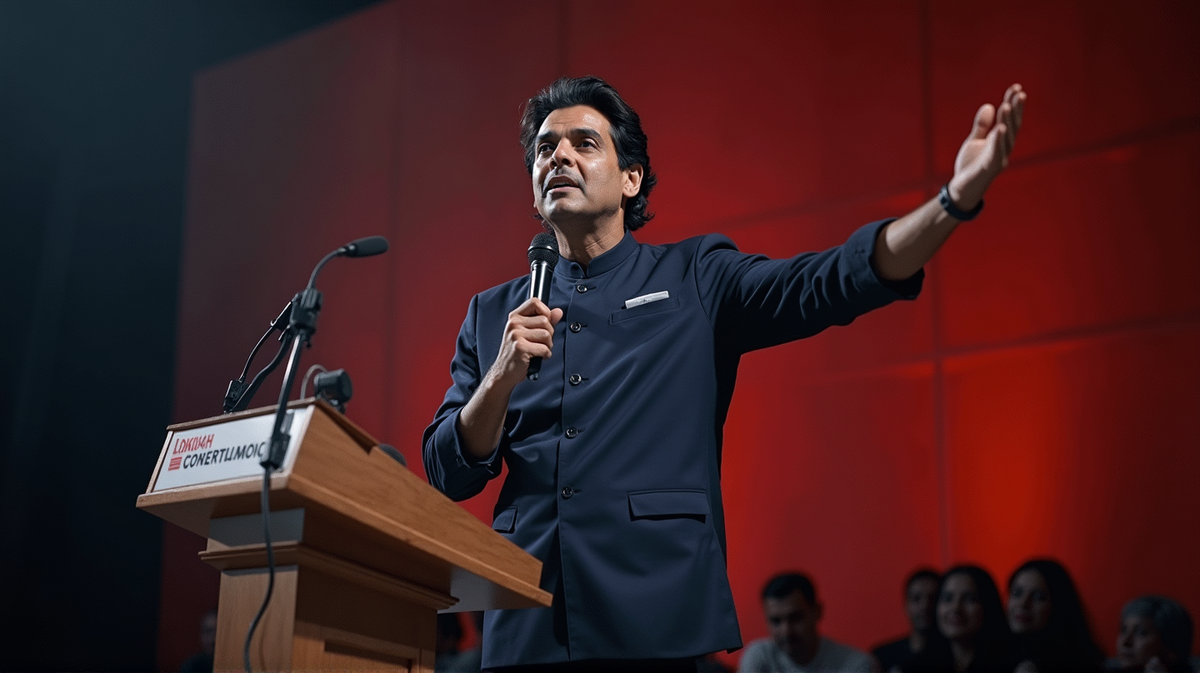Early Bihar Trends Stir Controversy: Pawan Khera Criticizes Election Commission
Pawan Khera credibly challenges early Bihar trends, questioning the Election Commission's role, and framing the poll as a competition against the people.

The early trends in Bihar’s elections have sparked substantial controversy, with political representative Pawan Khera leading the charge. In a striking critique, Khera described these trends as if they “were a book written by Gyanesh Kumar for Mr. Modi,” directing attention towards the Election Commission’s potential influences over what should inherently be a democratic process.
Khera’s Bold Allegation
Khera’s assertion touches upon the credibility and impartiality of the Election Commission, suggesting the agency’s influence may overshadow the political parties contesting in Bihar. According to Khera, the true contest lies between the Election Commission and the people of Bihar rather than among the political entities themselves, thereby questioning the integrity of the electoral process.
Insight into Initial Trends
The early figures seemingly depict an uphill battle for candidates against what Khera refers to as a potentially biased Commission. However, he holds a firm belief in the resilience and determination of the Bihari populace, expressing confidence that the state’s citizens will present a formidable challenge.
The Role of Gyanesh Kumar
In this heated discourse, Khera invokes Gyanesh Kumar, an influential writer, to emphasize his view that the early trends may not reflect the genuine electoral intentions of Bihar’s population. The implication is that the narrative being crafted seems overly favorable to Modi and his administration.
Public Reaction and Anticipation
The public’s response to Khera’s statements has been mixed, creating a wave of anticipation around the final outcomes. Citizens and political analysts alike are eager to see if the trends shift to reflect a more accurate representation of Bihar’s electoral preferences.
A Fight on Two Fronts
As stated in The Economic Times, the controversy underscores the complexity of modern elections, wherein bureaucratic entities and citizens may be at odds. Nevertheless, Khera’s remarks have only added fuel to the electoral fire, emboldening Bihari citizens in their quest for an authentic electoral verdict.
The narrative around Bihar’s election continues to evolve, with all eyes keenly focused on how the populace’s voice will be honored amidst Khera’s challenging rhetoric.





